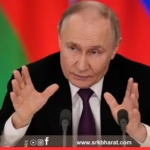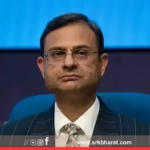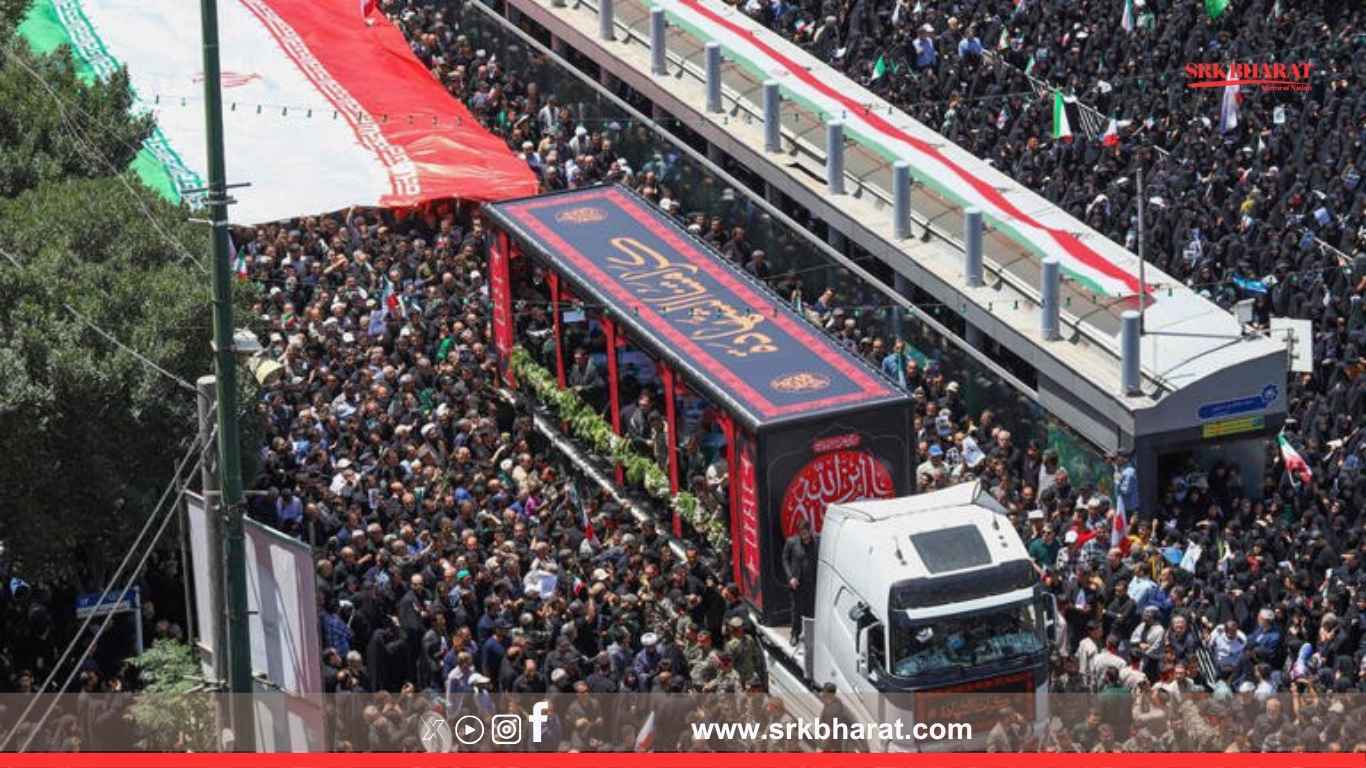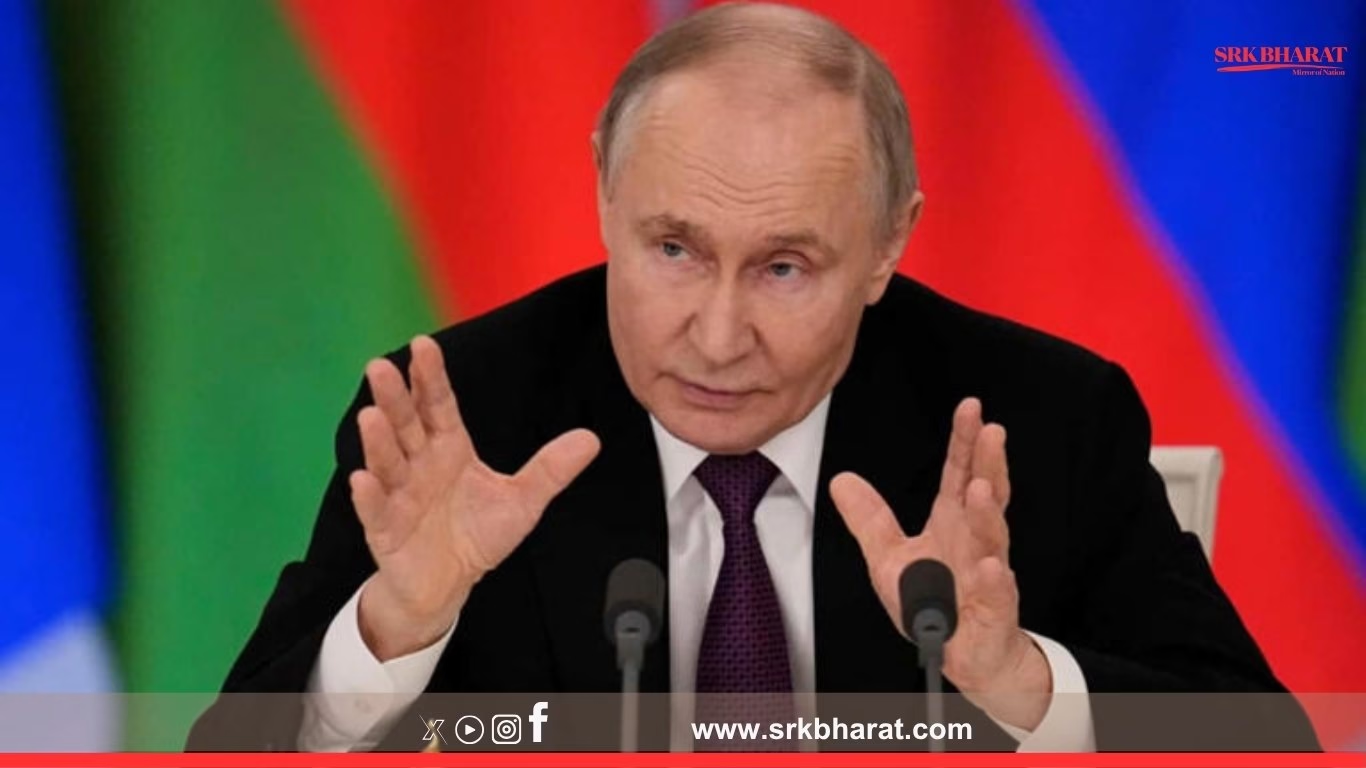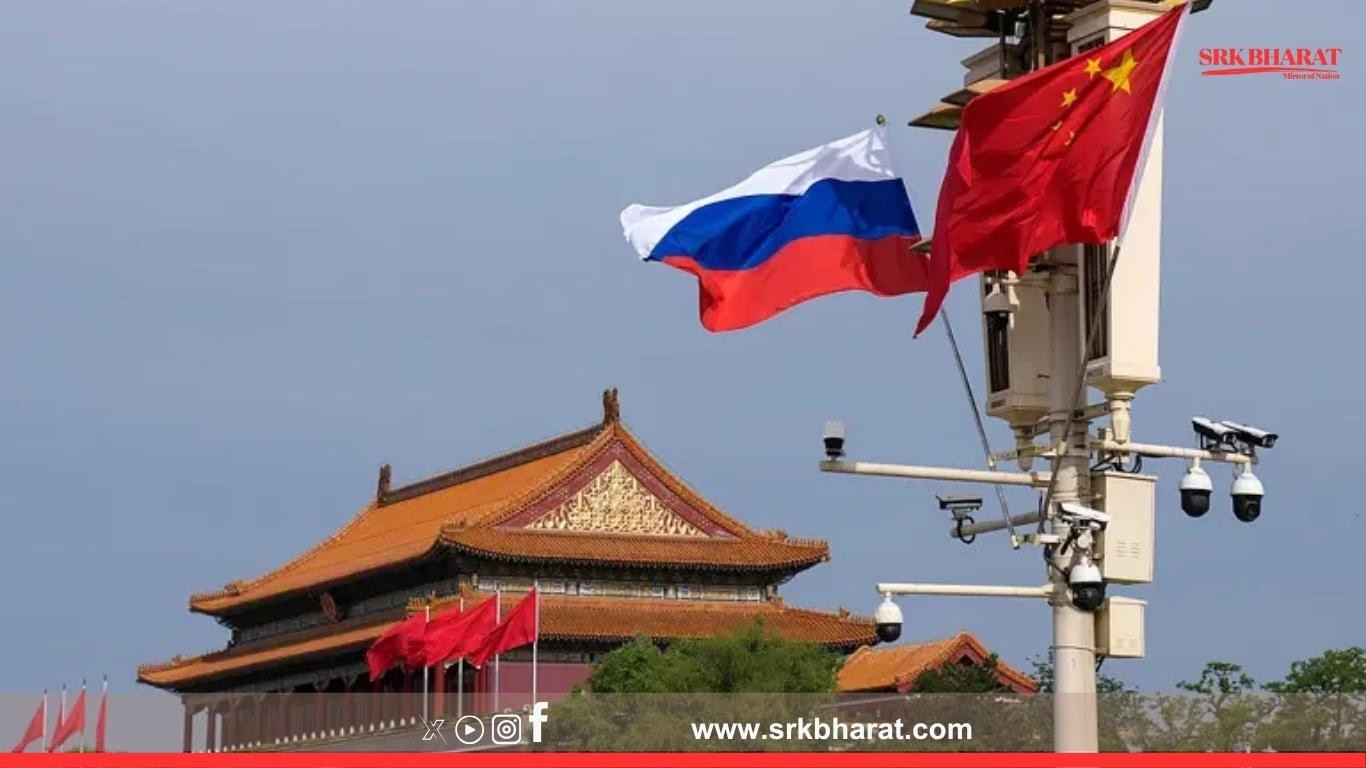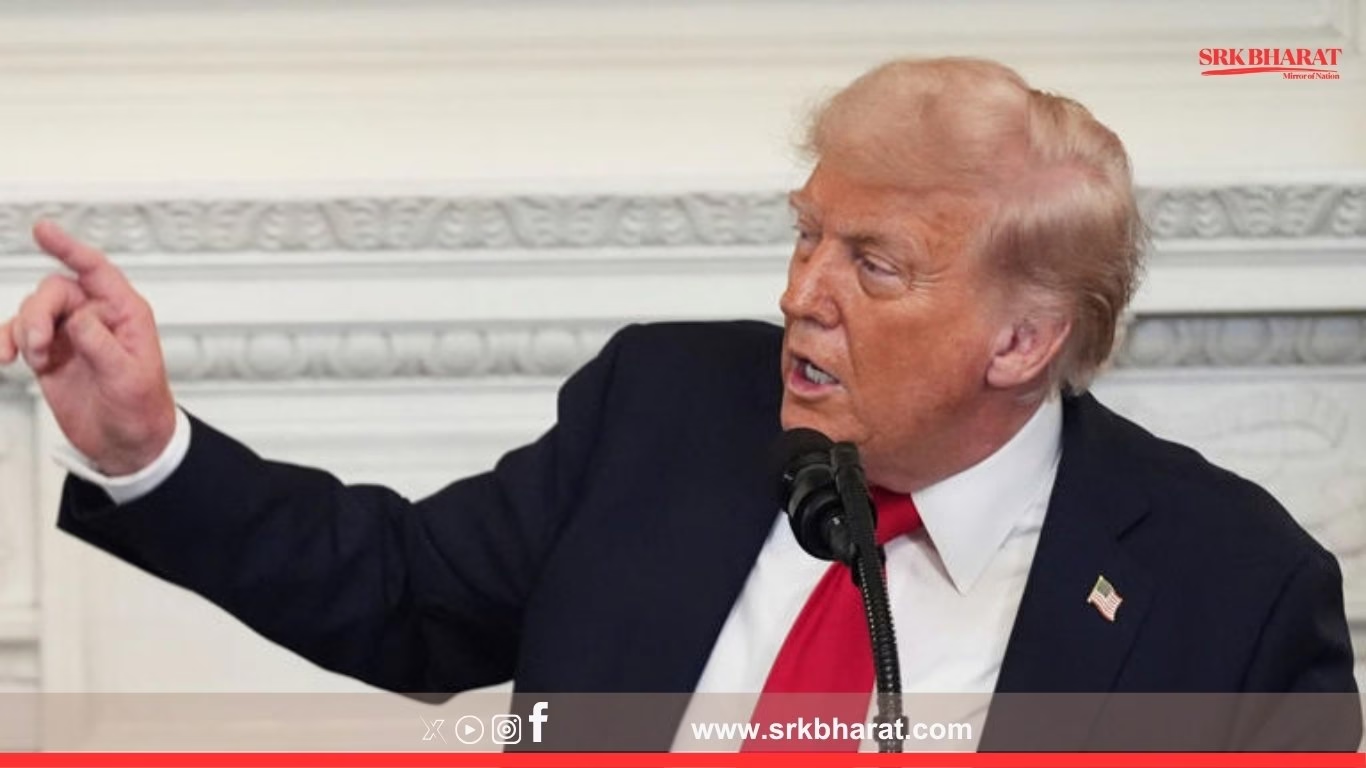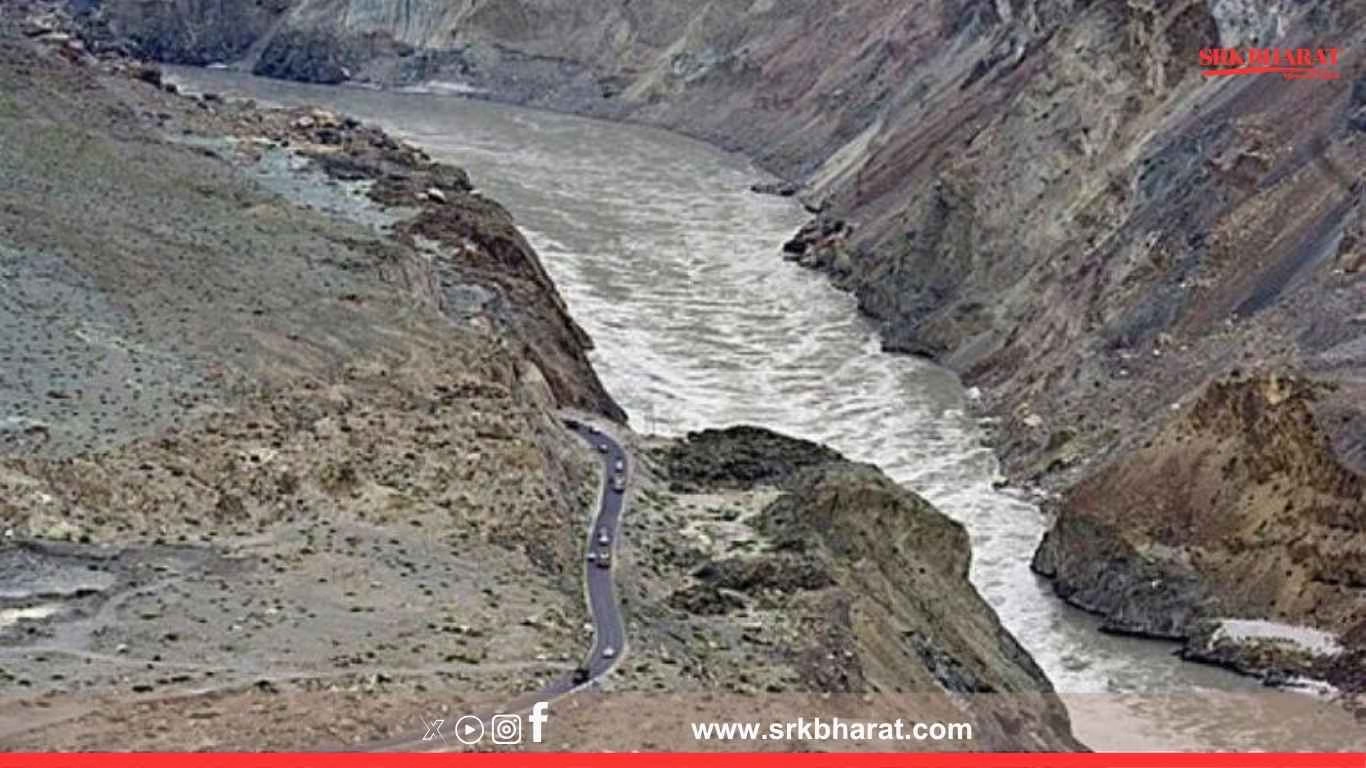Iran held a solemn state funeral on June 28 for over 60 military commanders, nuclear scientists, and civilians killed during its recent 12-day conflict with Israel. The ceremony, attended by President Masoud Pezeshkian and senior military officials, marked the first major public mourning since the ceasefire was declared on June 24.
🇮🇷 A Nation in Mourning
- The funeral procession began at Enghelab Square and moved toward Azadi Square, with thousands of mourners lining the streets
- Coffins draped in Iranian flags bore portraits of high-ranking officials, including:
- Gen. Hossein Salami, former head of the Revolutionary Guard
- Gen. Amir Ali Hajizadeh, head of the Guard’s missile program
- Maj. Gen. Mohammad Bagheri, second-in-command of Iran’s armed forces
- Nuclear scientist Mohammad Mehdi Tehranchi
“The martyrs of the Zionist-imposed war will never be forgotten,” state TV declared during live coverage
💥 Context: The 12-Day War
- The conflict began on June 13, with Israel launching strikes on Iranian nuclear and military sites
- Iran responded with over 550 ballistic missiles, killing 28 in Israel
- Israeli and U.S. strikes reportedly killed 627 civilians and dozens of military personnel in Iran
🧪 Strategic Losses and Symbolism
- The funeral honored 30 top commanders, 11 nuclear scientists, and several family members
- The deaths of key figures like Salami and Hajizadeh on the war’s first day dealt a symbolic blow to Iran’s military leadership
- The event also served as a public show of resilience, with banners reading “Boom Boom Tel Aviv” and chants of defiance against Israel and the U.S.
📌 Why It Matters
- Marks a historic moment of national grief and unity in Iran
- Highlights the human cost of escalating regional tensions
- Signals Iran’s intent to memorialize its fallen leaders while reinforcing its strategic posture
🔁 Share this article to understand the human and geopolitical impact of the Iran-Israel conflict.

